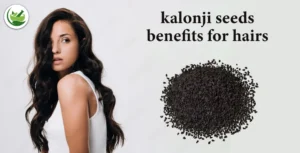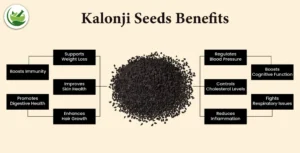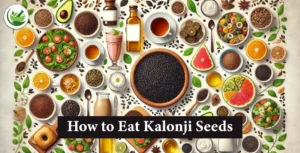Chia seeds, known for their impressive nutritional profile and health benefits, have become a staple in many households. These tiny seeds are packed with omega-3 fatty acids, fiber, protein, and various essential minerals. But, like all food items, chia seeds do have a shelf life. This blog will explore whether chia seeds expire, how to tell if they have gone bad, and tips for keeping them fresh longer.
Related blog The Expansion Timeline: How Long Does It Take For Chia Seeds To Expand?
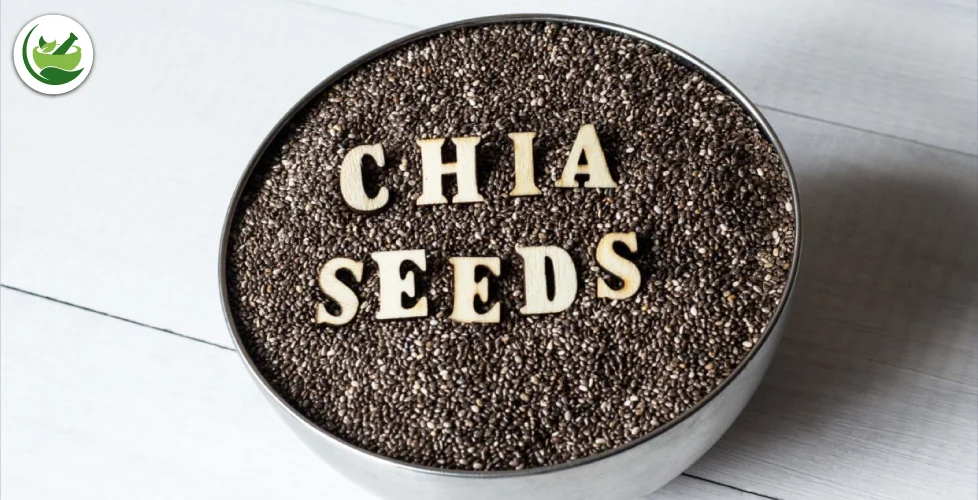
What Are Chia Seeds?
Chia seeds (Salvia hispanica) are small, edible, oval-shaped seeds derived from a flowering mint plant native to Mexico and Guatemala. These seeds were a staple in the diets of the Aztec and Mayan cultures, prized for their numerous health benefits. Chia seeds are incredibly versatile and nutrient-dense, packed with antioxidants, minerals, fiber, and omega-3 fatty acids. Today, they are celebrated for their nutritional value and are commonly used to make pudding, thicken foods, enhance smoothies, enrich beverages, and as a baking ingredient.
Related blog Health Benefits of Black vs. White Chia Seeds
Health Benefits of Chia Seeds
Chia seeds are packed with essential nutrients that promote heart health in multiple ways. Their high dietary fiber content can enhance satiety, helping with weight management. A study found that consuming 7-14 grams of chia seeds in plain yogurt as a mid-morning snack significantly reduced hunger and overall appetite, increasing feelings of fullness and decreasing the desire to eat.
Additionally, chia seeds support digestive health by aiding in the production of formed bowel movements, which reduces digestive transit time. They also act as a prebiotic, feeding the body’s microbiome and encouraging the growth of beneficial bacteria. Furthermore, chia seeds are an excellent source of amino acids and linolenic acid, which the body can convert into EPA and DHA, important for overall health.
Related blog How The Benefits Of Chia Seeds And Diverticulitis Can Improve Your Digestive Health
Chia seeds are rich in essential nutrients that contribute to heart health in numerous ways.
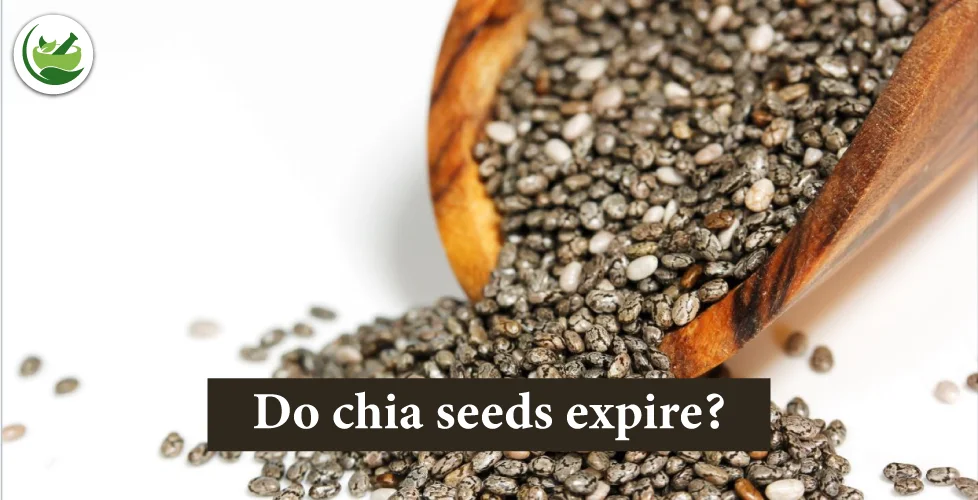
Do chia seeds expire?
Yes, chia seeds do expire, but their shelf life is relatively long compared to other seeds. Typically, chia seeds can last for about 2–4 years if stored properly. However, various factors can influence their longevity, including storage conditions and packaging.
Do Chia Seeds Go Bad?
Generally, chia seeds have a shelf life of 4-5 years when stored properly. However, foods containing chia seeds do not share the same extended shelf life as the uncooked seeds.
Related blog How long do chia seeds last? Can chia seeds go bad?
Health Risks of Consuming Bad Chia Seeds
If chia seeds have gone bad, it will be evident almost immediately, making it unlikely that you would consume any. It’s important to discard them right away to avoid any health risks.
How to Tell if Chia Seeds Are Bad
Bad chia seeds can show several signs of spoilage, including oxidation, the presence of pantry bugs, a slimy consistency, mold, or clumping due to excess moisture. They may also have a rancid or bitter taste and emit an odor similar to nail polish remover instead of their usual slightly nutty aroma.
Can You Eat Expired Chia Seeds?
While expired chia seeds may not be as nutrient-dense, they can still be consumed if they don’t have a foul odor or show any signs of spoilage, rancidity, clumping, mold, or pantry bugs. However, if you anticipate these issues, it’s best to discard them and purchase fresh seeds.
Related blog Unlocking Chia Seeds With Hot Water Benefits: A Comprehensive Guide To Enhanced Health
How to Tell if Chia Seeds Have Gone Bad
It’s essential to know the signs that indicate your chia seeds may have expired or gone bad. Here are a few indicators:
- Smell: Fresh chia seeds have a mild, nutty aroma. If they develop a rancid or off smell, it’s a clear sign they are no longer good.
- Taste: Chia seeds generally have a subtle flavor. If they taste bitter or sour, it’s best to discard them.
- Appearance: Check for any discoloration, mold, or unusual spots. Fresh chia seeds are typically black or white; any other color could indicate spoilage.
- Texture: Fresh chia seeds should be dry and crunchy. If they feel oily or sticky, it could be a sign of spoilage.
Tips for Keeping Chia Seeds Fresher
To maximize the shelf life of your chia seeds, proper storage is crucial. Here are some tips to keep them fresh longer:
- Store in a cool, dry place. Chia seeds should be kept away from heat and moisture. A cool, dry pantry or cupboard is ideal. Avoid storing them near the stove, oven, or any other heat sources.
- Use Airtight Containers: Once you open a bag of chia seeds, transfer them to an airtight container to prevent exposure to air and moisture. Glass jars with tight-fitting lids or BPA-free plastic containers work well.
- Refrigerate for Longer Freshness: If you buy chia seeds in bulk or want to extend their shelf life further, consider storing them in the refrigerator. This can help maintain their freshness for up to 5 years.
- Avoid cross-contamination: Use clean utensils when scooping out chia seeds to avoid introducing contaminants that could speed up spoilage.
- Keep Away from Strong Odors: Chia seeds can absorb strong odors from other foods. Store them away from items like onions, garlic, or spices to preserve their natural flavor.
- Check the packaging: If you purchase pre-packaged chia seeds, check the expiration date and the packaging integrity. Sealed packages generally last longer than those that have been opened.
- Buy in Moderation: While it might be tempting to buy chia seeds in bulk, purchasing in smaller quantities ensures you consume them while they are still fresh.
Related blog From Hydration To Nutrition: Understanding The Benefits Of Chia Seeds And Water
How to Properly Store Chia Seeds
Chia seeds should be kept in a cool, dry place away from sunlight and heat. Once opened, the package should always be sealed tightly. If the original package isn’t resealable, transfer the seeds to an airtight container to prevent moisture absorption. Although not necessary, some people prefer to store chia seeds in the refrigerator. If you choose this option, ensure the container is airtight to avoid moisture and prevent the seeds from absorbing odors from other foods.
Can You Freeze Chia Seeds?
Yes, chia seeds can be frozen and will retain their nutritional value for up to 2 years. When freezing, use an airtight freezer bag that is black or another dark color to preserve the seeds’ original color. If the color is not a concern, any freezer bag will work. Place the bag in an airtight container to prevent the seeds from absorbing odors from the freezer or other foods. If adding them to a smoothie, there’s no need to thaw them first.
Conclusion
Chia seeds are a versatile and nutritious addition to any diet, but like all food items, they do expire. By paying attention to signs of spoilage and following proper storage practices, you can keep your chia seeds fresh for an extended period of time. Remember to store them in a cool, dry place, use airtight containers, and consider refrigeration for an even longer shelf life. By doing so, you’ll ensure that your chia seeds remain a healthy and beneficial part of your diet.


